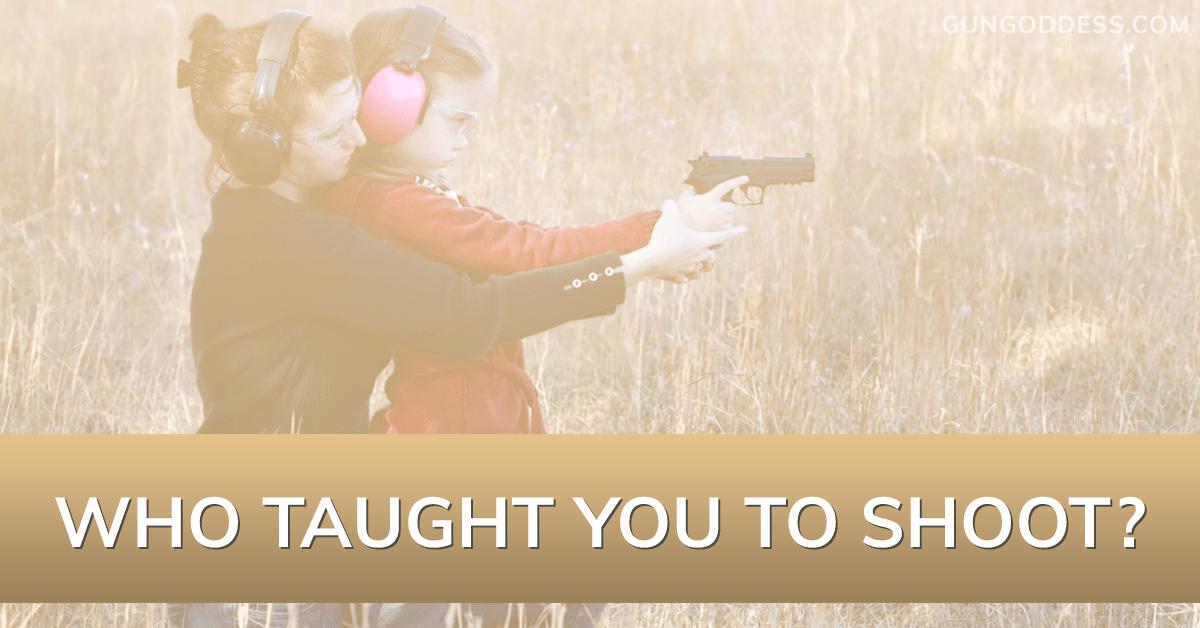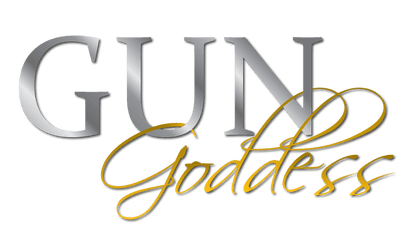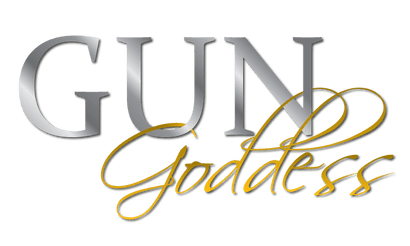Orders Over $100 Ship FREE (USA)!
Orders Over $100 Ship FREE (USA)!
CONCEALED CARRY
(Apparel with holster pockets or concealed-carry features)
PARTS & GEAR
RANGE STYLE
Gift shopping & not sure about size or style? Give a gift card instead!
GIFT IDEAS
EXPLORE
BFCM Sale 20% Off every item! ENDS 12/8 at Midnight!
Black Friday & Cyber Monday EXTENDED: Indulge in Luxury, Pay Less.
Your Stories: First Appleseed
4 min read
Part of a series of posts submitted by you - our friends, fans and customers!
by Katherine Page
On the cold spring morning of April 19, 1775, with smoothbore muskets (accurate only to about 70 yards) Colonial farmers, shopkeepers, blacksmiths, carpenters, and other plain Joes faced the best trained military in the world. They risked their security, jobs, families, and lives. In small engagements and ambushes throughout that first day of the Revolutionary War, these regular folks proved to be a formidable opponent. How? Marksmanship.
Appleseed, a program offered by the Revolutionary War Veterans of America (RWVA), encourages civic involvement and teaches about American history and our heritage of freedom, bringing the Revolutionary War to life through individual accounts. It also teaches traditional marksmanship. (They hold special weekends for ladies only called Ladyseed and for those with special needs called Adaptive Appleseed.)
Ever since I’d heard about Appleseed years ago I’ve wanted to attend. I bought my first rifle in fall 2011 and signed up. Memorial weekend seemed an appropriate time to go – to remember those who fought for our freedom, to learn some of the skills my grandfathers learned, to improve my current skills, and to honor my family’s own Revolutionary War hero Moses Page (a farmer from New Hampshire). I attended in Ramseur, NC at the RWVA’s home range, a beautiful outdoor range with wildflowers growing on the berms.
It was an amazing and inspiring weekend. The volunteer instructors gave freely of their knowledge and experience, taking the time to work with each shooter to improve his or her skills. They encouraged us and gave feedback as we tried new positions and techniques. I have had trouble understanding minute of angle (MOA).
During one of the breaks, an instructor sat me down, and we worked on MOA until the light came on in my head. I kinda get it now and can work on it. Another watched over my trigger finger and support hand placement; my shots improved. Natural point of aim began to make sense even if it didn’t quite translate to my body; I seem to muscle the rifle to where I want it to point except in sitting. In sitting I seemed to be the most relaxed and produced the best groups. That’s a lesson I need to transfer to other positions. I learned a lot about analyzing my groups and how to correct errant shots.
We began with an exercise to gauge the range of our current effectiveness – three shots each into targets scaled to 100, 200, 300, and 400 yards. I put two shots each into the 100 and 200 yard targets and one each into the other two at the beginning of the day. At the end, my groups were tighter, and I had three shots in the 400 yard target. We worked on skills such as transitioning from standing to sitting and prone, quick magazine changes, timed stages, breathing, natural point of aim, and much more. We practiced all day. Day Two we spent most of our time shooting the Army Qualification Test (AQT). I’m proud that on my first AQT I scored to the marksman level (126-169) and that my highest score reached sharpshooter level (170-209). I know what I need to work on to improve my marksmanship. A girl, a boy, a woman, and two men earned their Rifleman patches (210+)! Every single person improved.
One of my favorite parts of the weekend (other than shooting, shooting, and more shooting) was listening to “dangerous old man stories” – accounts of events that took place on April 19, 1775, the day that Colonists made the conscious decision to cease being British citizens and became Americans. The stories were a sobering reminder of the costs of that decision – the horror of musket wounds and the day’s medical care, the loss of parents and sons, the discarding of relative security and stability in favor of an uncertain future. They were also inspiring – old men ambushing British soldiers, frightened British soldiers surrendering to an old woman, Americans defending fellow Americans from hostile fire, Americans standing up and risking everything for future generations, for us. The stories put faces on the statistics. Of the eight pairs of fathers and sons who stood together at Lexington, five pairs were parted by death. The father who told his wife to take good care of their sick children never came home; he took a musket ball in the chest that day. An old man donned his saber, horse pistols, and musket; ambushed a group of British soldiers; was shot in the face and bayoneted at least a dozen times…and lived for nearly two decades longer to enjoy his family and their new liberty.
There were so many nice people between the instructors and the participants. There was a wide range of experience, too, from complete beginners to military Veterans. I was happy to see so many women and children at the event. Nearly a third of the participants were kids. I can’t wait until my next Appleseed, and I will pass along what I’ve learned to others.
Go! Go for the adventure! Go for the rebirth! Marksmanship is not just a set of skills. It’s part of our heritage that should be passed down to the next generations of Americans.
Get info on Project Appleseed here: www.appleseedinfo.org/
Also in Random Thoughts

Who Taught You to Shoot?
1 min read

Bourbon Peanut Butter Milkshake Recipe
1 min read

Your Stories: Just a mom and her gun - and her thoughts on gun control
6 min read


